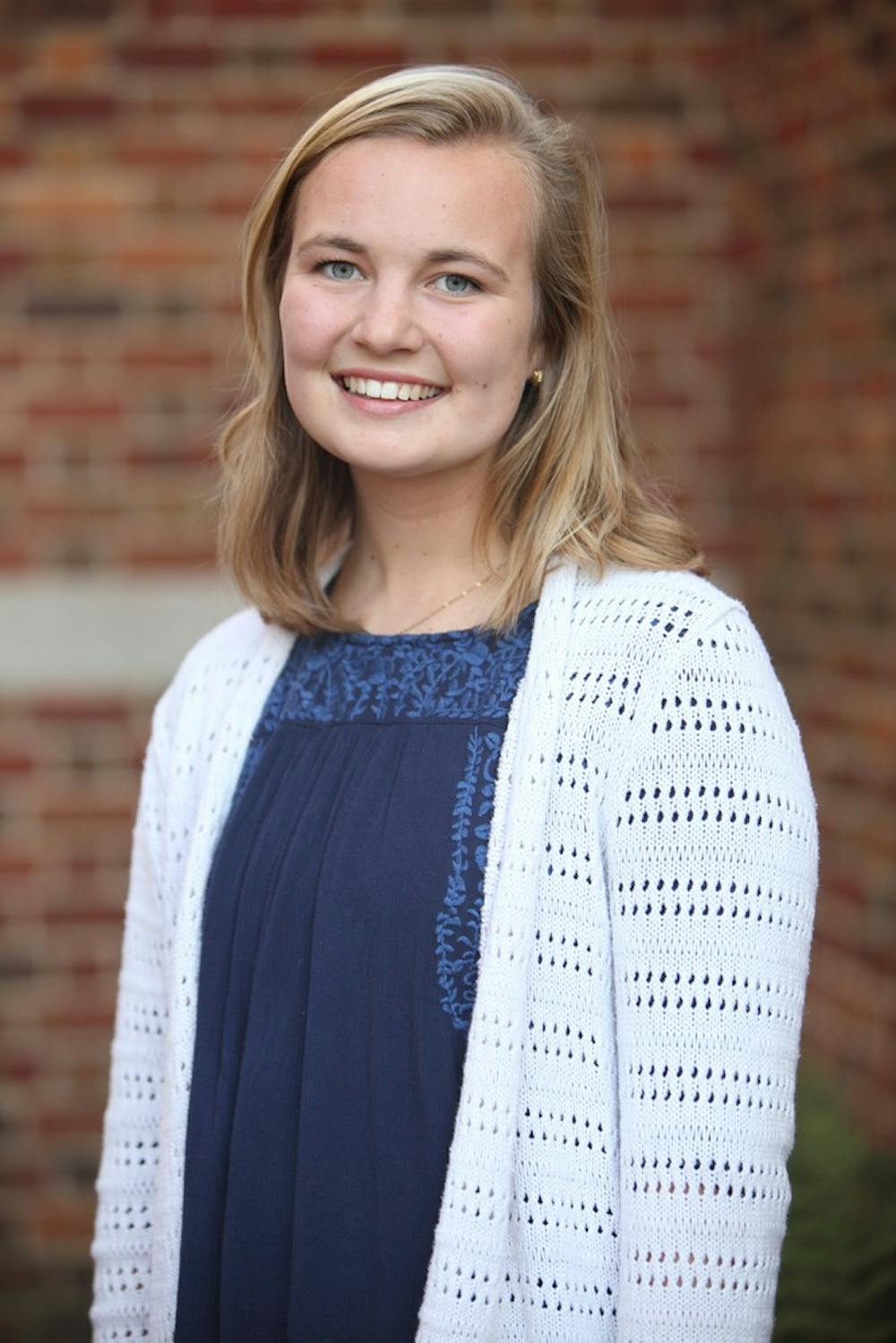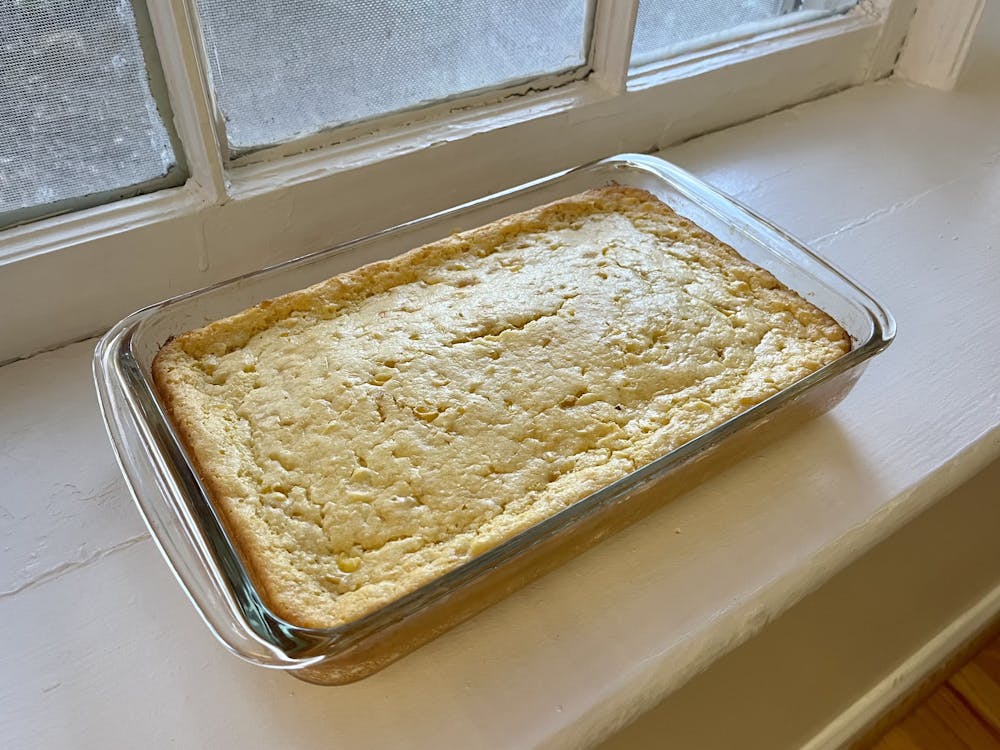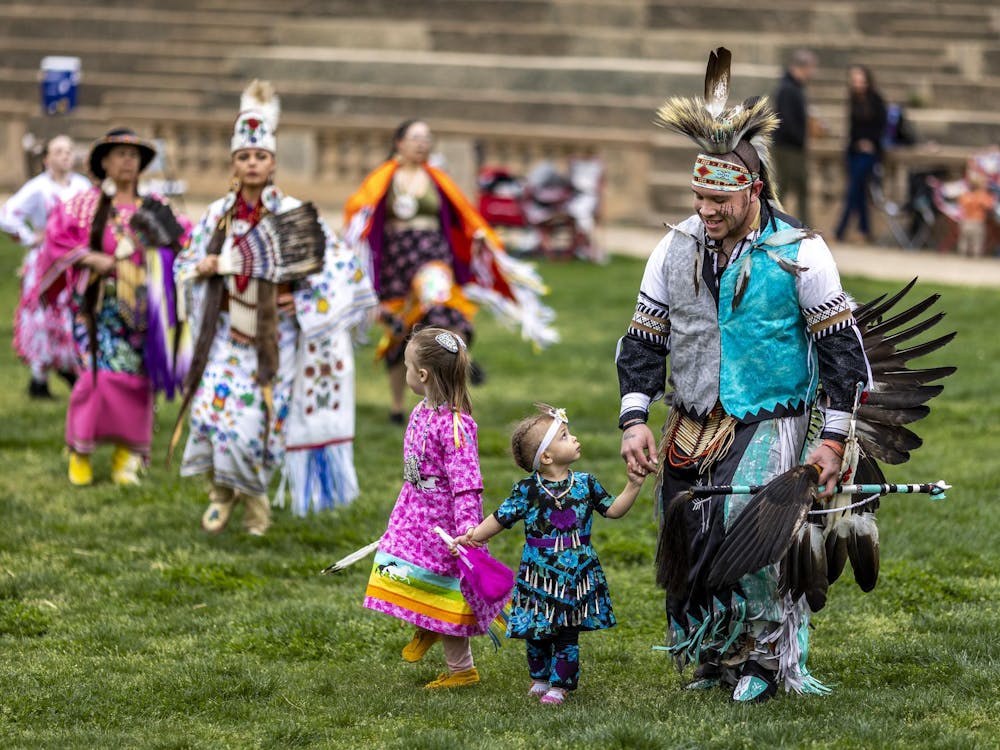This semester, I took up the great project of reading David Foster Wallace’s “Infinite Jest.” Within Wallace’s world, many characters find themselves in and out of “Ennet House,” the narrative’s rehabilitation center in alliance with the Boston Alcoholics Anonymous. While Wallace writes of many tools AA uses in the restoration of their addicts, nothing is more central to their purposes than Identification. Yes, written capital I Identification — sometimes abbreviated ID.
The key to their community is fostering a space of telling your story in a way that allows listeners to Identify with you, while learning to lend yourself to sincerely Identify with the accounts you hear. All this Identification is the means to one end. If you’re like me, you’re thinking “Complete Recovery!” or “Total Healing!” But the end isn’t one of habitual correction — rather, it is one of a molded perspective: obtaining empathy.
In a very difficult book full of shockingly despairing stories, I’ve fallen in love with this ideology of rehabilitating Identification and empathy. Though the message is comforting for a variety of reasons, I think I’m drawn toward the characters’ tactic because, in many ways, it’s why I became an English major in the first place.
I became an English major to learn how to ID. When we read, we study character types — all different types of people, fictional or historic. We study their stories, needs, desires, failures and fears. We study what makes them themselves and ultimately what makes people people — what we all want and what we all share. To characterize is to study commonality and difference, not with the intent of finding what makes all people the same, but to see more clearly what it is to be human.
Why would I want to study humans in the context of their stories? We, at the University, are surrounded by humans in the context of their stories. In fact, this very experience of immersion is one of the greatest the University offers. I read for increased cultural, historical, societal and emotional literacy. I read about humans in preparation for the many (hopefully) encounters with humans I’m going to have throughout my life, starting here and now at the University. Books provide a vehicle that allows us to place ourselves in someone else’s body and reality, allowing for empathy to grow.
Books create a proximity to people of different circumstances that’s hard to obtain in real life. They help foster relationships we otherwise wouldn’t have, not as a replacement for seeking out diverse relationships, but as a bridge that can help close the gap in our understanding of another’s actuality. This proximity — the ability to be close — is our greatest resource in empathy.
However, it’s important to realize that we must seek out this proximity not because we are incredible empathizers but rather as a result of our lacking the ideal — which is to be able to look at a person and immediately recognize their humanity the way we see our own. We must seek to learn, foster relationships and listen to stories not because we are skilled Identifiers but in acknowledgement of our great need to improve.
It was recently brought to my attention through the work of writer Chimamanda Ngozi Adichie the frequency and normalcy with which men, when referring to female victims, especially of sexual crimes, often categorize their propensity to feel appalled at the endured injustice within the context of their relationships. They say, “If that was my daughter … ” or “If that was my wife … ” in order to relate more closely to a situation. While these terms have been under specific analysis with the previous presidential election, they are not the only ones who have ever used language suggesting increased care based on personal relationships.
I understand how these phrases became so common, and I recognize grappling to understand how circumstances may affect those belonging to an alternative reality — I grapple too. However, contrary to popular opinion, these statements don’t show our superior ability to identify with one another. They point to our continued struggle to recognize the suffering of another human being simply because they are human.
Yes, let's put ourselves proximate to people, to situations, to circumstances we don’t understand. Let’s read about people; let’s meet people. Let's seek to know from the inside. Yes, let’s put ourselves close. But let us also long for a day when we don’t have to be close to care — when we can recognize humanity without an interior motive, without a family relation, without benefits or emotional attachments. What would it look like to lend ourselves to care on no other grounds than a shared humanity?





